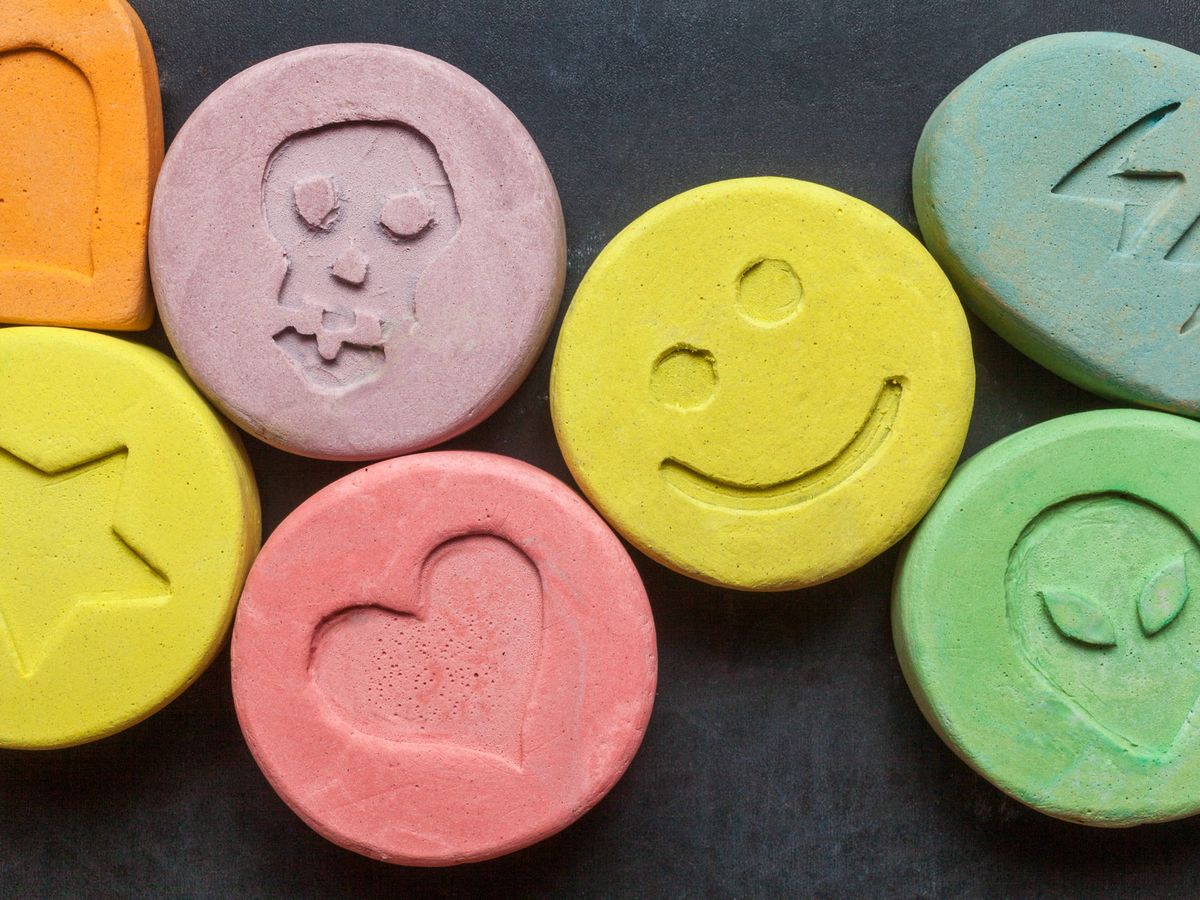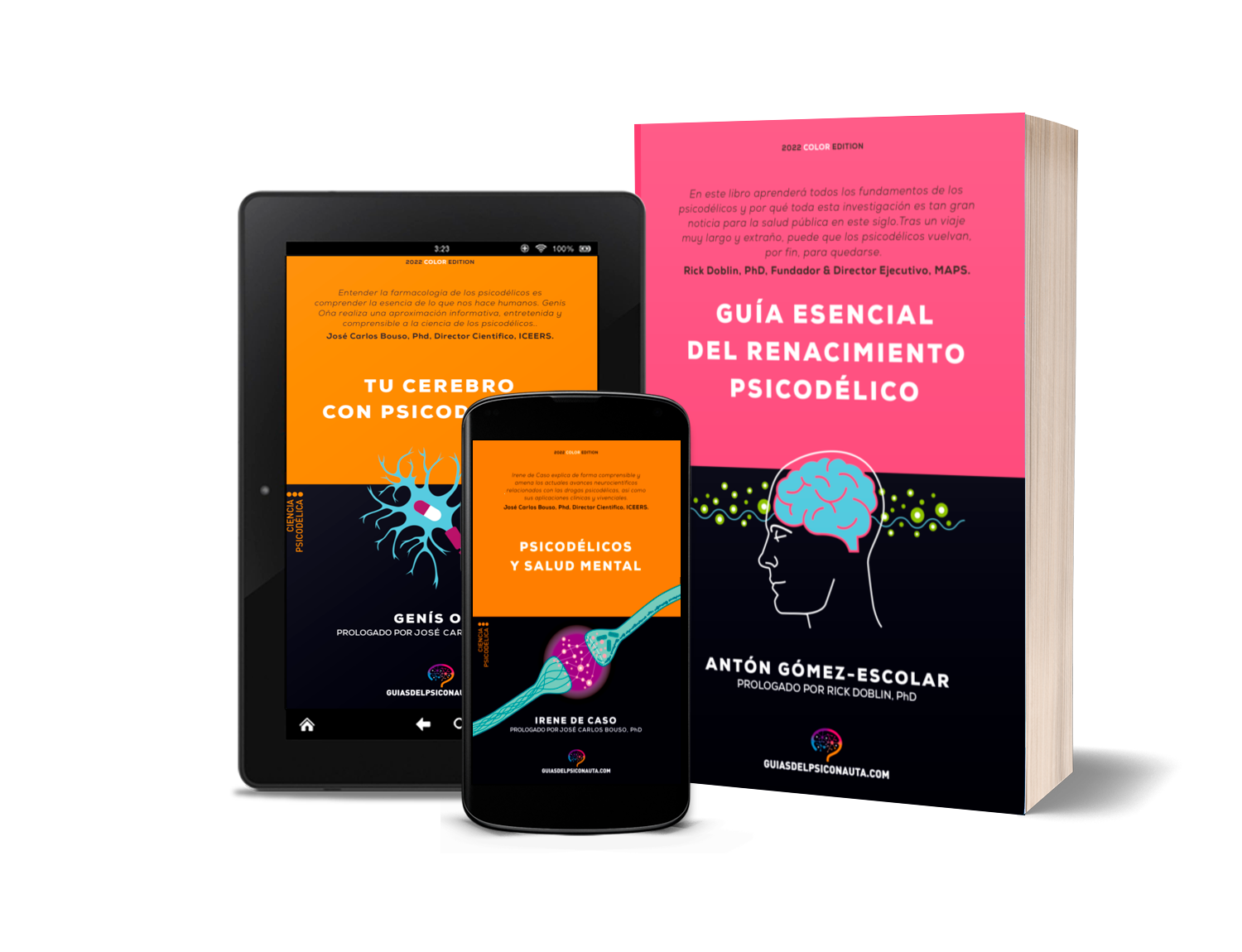By Gabriel García February 16, 2024
In a pioneering study, researchers at Johns Hopkins Medicine have opened new doors to the treatment of depression and other psychiatric disorders by unconventional means. Their recent study, published in the prestigious journal Psychedelic Medicine, sheds light on the promising benefits of high doses of DXM (dextromethorphan) and psilocybin - substances previously relegated to the realm of recreational or taboo use - when administered in a controlled and supportive environment.
DXM and psilocybin, although different in their mechanisms of action, have attracted the interest of researchers for their potential therapeutic applications. DXM, which is commonly found in over-the-counter cough medicines, acts primarily on N-methyl-D-aspartate (NMDA) receptors, which play a key role in pain perception, mood regulation and memory. Psilocybin, a naturally occurring psychedelic compound found in certain species of mushrooms, primarily affects serotonin receptors, leading to profound changes in perception, mood and cognition.
This research journey was motivated by the search for alternative treatments for depression and other mental disorders. Unlike traditional pharmacotherapies, which often require long periods to manifest their benefits and may not be effective for all patients, psychedelics such as psilocybin - present in ‘magic’ mushrooms - and dissociatives such as ketamine and DXM have shown remarkable potential for their rapid and transformative effects on mental well-being.

Dr David Mathai, a qualified psychiatrist and lead author of the study, highlighted the importance of comparing the psychological effects of DXM and psilocybin in a sample of healthy volunteers. The researchers delved into the domains of these substances through a double-blind crossover study with 20 participants. The study environment was meticulously designed to be supportive, encouraging participants to focus on themselves while listening to music, accompanied by trained monitors.
Assessing the effects through various measures, including questionnaires and physical assessments, the researchers found that both DXM and psilocybin elicited experiences rated as more personally meaningful, spiritually significant, psychologically insightful and challenging, compared to the placebo conditions. In particular, psilocybin, especially at high doses, demonstrated more extensive positive changes than DXM, indicating dose-dependent effects on psychological well-being.
Despite these promising results, problems were identified, especially with DXM, related to physical discomfort and tolerability. However, Dr Mathai emphasised the need to prioritise psychologically valuable pharmacological experiences, suggesting that, with appropriate support and preparation, greater and longer-lasting therapeutic benefits could be achieved while minimising associated risks.

While the study is not without limitations, such as the need for further exploration of clinical populations and integration into therapeutic settings, it is undeniably an important step forward in understanding the potential of psychedelics as tools for mental health treatment. As research in this field advances, it promises to open up new avenues for treating psychiatric disorders, offering hope to millions of people around the world.
In conclusion, the study results underline the transformative potential of psychedelic substances to induce profound experiences that contribute to lasting positive changes in various aspects of psychological health. As progress is made in harnessing these substances for therapeutic purposes, it is imperative to approach them cautiously, but with openness, recognising the profound possibilities they offer in the field of mental health treatment.
If you are interested in learning more about this exciting world, we invite you to consult the Psychonaut’s Guides by Argonowta. These books will give you a broad and balanced view of psychedelics and their potential therapeutic effects. Remember, however, that these substances are not a panacea or a magic solution to all your problems. Their use requires professional guidance, an appropriate context and a responsible attitude. Psychedelics can be a powerful tool for personal change, but they can also be dangerous if used inappropriately or irresponsibly.
The Psychonaut’s Guides from Argonowta Publishing is a collection of books that explain in a rigorous and accessible way the scientific, historical, cultural and experiential aspects of psychedelic substances. These guides offer updated and contrasted information on the therapeutic and neuroscientific applications of psilocybin, LSD, DMT and MDMA, as well as practical advice on how to prepare, carry out and take advantage of psychedelic experiences. The Psychonaut’s Guides are a must-have reference for anyone interested in learning about the psychedelic renaissance that is transforming mental health and changing lives.






